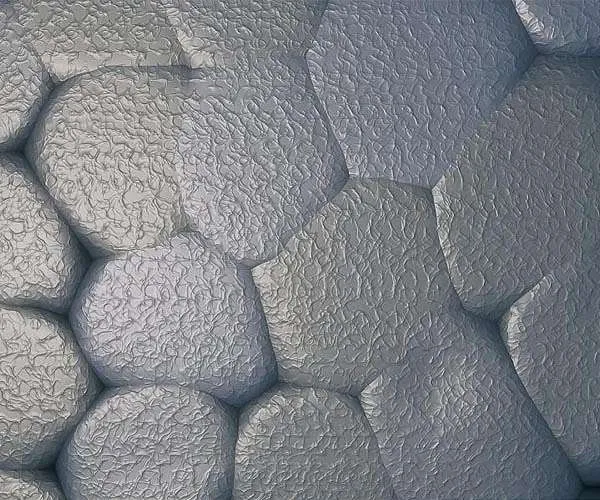Potassium steel battery becomes a competing to lithium-ion modern technology
- From mobile phone, to solar energy, to electrical autos, humankind is progressively depending on batteries. As need for risk-free, effective, as well as effective power storage space remains to climb, so also does the call for appealing options to rechargeable lithium-ion batteries, which have actually been the leading modern technology in this room.

In study released in Proceedings of the National Academy of Sciences, scientists from Rensselaer Polytechnic Institute show exactly how they can get rid of a relentless obstacle called dendrites to develop a steel battery that executes virtually along with a lithium-ion battery, yet relies upon potassium - a far more bountiful and also less costly component.
Batteries have 2 electrodes - a cathode on one end as well as an anode on the various other. , if you were to look inside a lithium-ion battery you 'd usually discover a cathode made of lithium cobalt oxide as well as an anode made of graphite.. Throughout releasing as well as billing, lithium ions recede as well as forth in between these 2 electrodes.
In this configuration, if scientists were to just change lithium cobalt oxide with potassium cobalt oxide, efficiency would certainly go down. Potassium is a bigger and also larger aspect as well as, for that reason, much less power thick. Rather, the Rensselaer group aimed to increase potassium's efficiency by additionally changing the graphite anode with potassium steel.
" In regards to efficiency, this can match a standard lithium-ion battery," claimed Nikhil Koratkar, a gifted teacher of mechanical, aerospace, and also nuclear design at Rensselaer as well as the lead writer on this paper.
While steel batteries have actually revealed excellent pledge, they have actually likewise commonly been pestered by buildup of steel down payments, called dendrites, on the anode. Due to the fact that of non-uniform deposition of potassium steel as the battery goes through duplicated cycles of releasing as well as billing, dendrites are created. With time, Koratkar described, the corporations of potassium steel end up being virtually branch-like as well as lengthy.
They will ultimately puncture the protecting membrane layer separator indicated to maintain the electrodes from touching each various other as well as shorting out the battery if they expand also long. When a battery shorts as well as has the prospective to establish the natural electrolyte within the gadget on fire, warmth is developed.
In this paper, Koratkar as well as his group - that included Prateek Hundekar, a doctoral pupil at Rensselaer, as well as scientists from the University of Maryland, consisting of Chunsheng Wang, a teacher of chemical as well as biomolecular design - describe exactly how their option to that issue leads the way for functional customer usage. By running the battery at a reasonably high cost and also discharge price, they can raise the temperature inside the battery in a well-controlled way and also urge the dendrites to self-heal off the anode.
Koratkar contrasts the self-healing procedure to what takes place to a stack of snow after a tornado has actually finished. The sunlight and also the wind assistance relocate the exfoliate the pile of snow, reducing its dimension as well as ultimately squashing it out.
In a comparable means, while the temperature level rise within the battery will not thaw the potassium steel, it does assist to trigger surface area diffusion so the potassium atoms relocate side to side off the "stack" they've produced, successfully smoothing the dendrite out.
" With this strategy, the concept is that in the evening or whenever you're not utilizing the battery, you would certainly have a battery administration system that would use this regional warmth that would certainly create the dendrites to self-heal," Koratkar claimed.
Koratkar as well as his group formerly showed a comparable technique of self-healing with lithium steel batteries, yet they discovered the potassium steel battery needed a lot less warmth to finish the self-healing procedure. That appealing searching for, Koratkar claimed, indicates a potassium steel battery could be much more reliable, risk-free, as well as useful.
" I intend to see a standard change to steel batteries," Koratkar stated. "Metal batteries are one of the most reliable means to build a battery; nevertheless, as a result of this dendrite trouble they have actually not been viable. With potassium, I'm extra enthusiastic."
Also read

